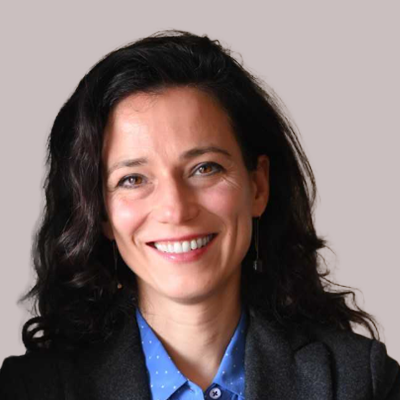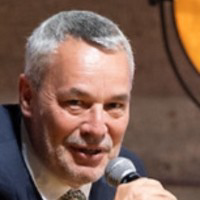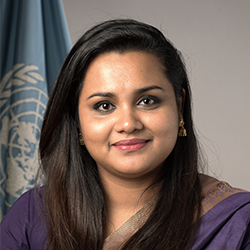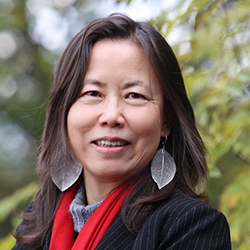Global Observatory Board
The Board is the association’s governing body. Its aim is to provide the credibility, independence, stature, networks, and functional expertise required for the Observatory’s success and continuity.
Members
The Board is made up of members from international and governmental organisations, representatives of international sport governance, personalities linked to politics and sport, public and sporting figures, representatives of philanthropy, and economic and business leaders as well as representatives of the three Funding Members.
Competencies
According to the statutes, the Board is responsible for:
- the general management of the Association and its representation in dealings with third parties. It takes all measures necessary to achieve the objectives set;
- executing and implementing the decisions made by the General Assembly;
- drawing up the budget;
- setting up membership fees;
- recommending a President and Vice-President to the General Assembly;
- convening ordinary and extraordinary General Assemblies;
- appointing a Director or co-Directors;
- making decisions regarding the admission and resignation of Members, as well as their possible exclusion;
- ensuring that the Articles of Association are applied, approving the Association’s organisational regulations and all other regulations necessary for the smooth running of the Association (signatures, indemnities, etc.), and administrating the Association’s assets;
- maintaining close relations with Strategic Partners and donors.
- providing the functional expertise required to develop and sustain the
Association (finance, human resources, legal, international relations, etc.); - making its networks available;
- facilitating fund-raising;
- contributing to the Association’s communications and media outreach;
- validating the strategy developed by the General Management;
- ensuring the supervision of the Director and Co-Directors; the running of business as well as the Associations’ organisation;
- taking any action or decision on behalf of the Association when circumstances prevent the General Assembly from doing so. Such a measure or decision shall be submitted to the General Assembly for ratification without delay.
President

Felicite Rwemarika – picture
Felicite Rwemarika
Members

Grégoire Junod

Bernadette Toti

Fabien Ohl

James Carr
Observer Members
Observer Board Members offer valuable expertise and strategic advice that’s critical to the Observatory’s direction. While they do not hold voting rights or decision making authority, their support helps to shape the organisation’s success, ensuring informed management and effective strategy.

Philipp Müller-Wirth

Jayathma Wickramanayake

Hannah Wu
We invite academic institutions, sport associations, governmental agencies, NGOs, and corporate entities around the world to join the Advisory Council and to contribute to enriching the strategy, advising on key initiatives and developing GO activities around the world.

